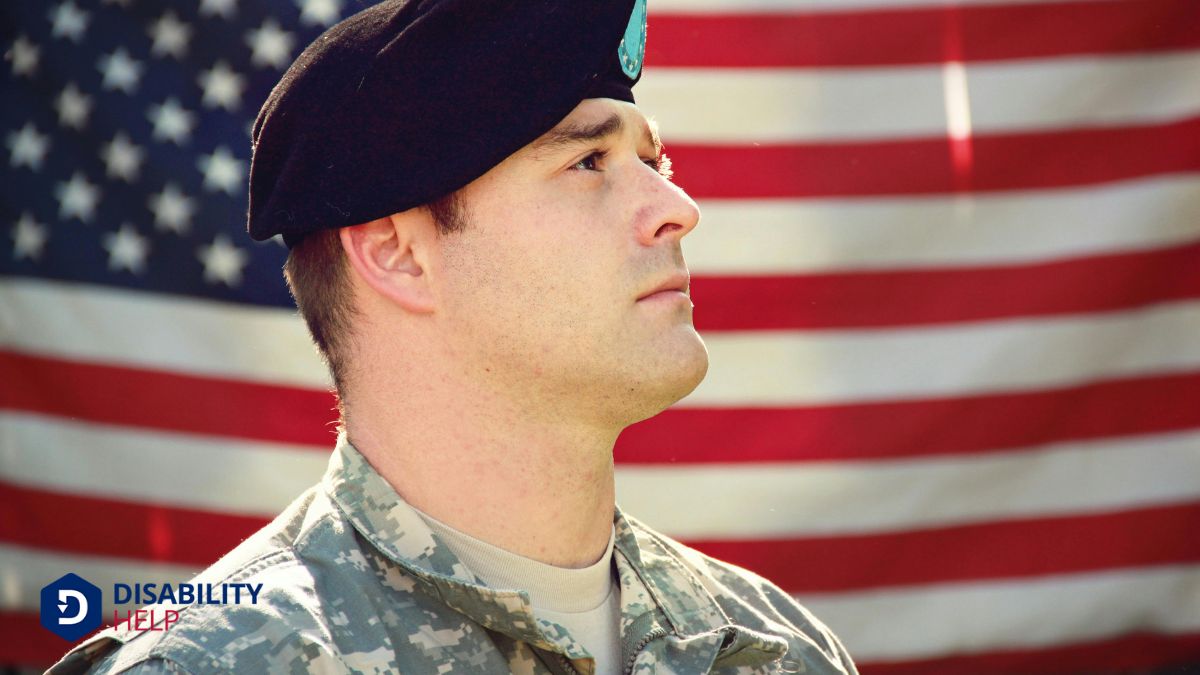To qualify as a veteran, a person must have served in the military and received an honorable discharge. Service can occur in any military branch and includes both active duty and reserve roles. Those who complete their service commitments generally meet the criteria, but specifics can vary depending on the branch and period of service. National Guard members also qualify if they've served at least 180 days of federal active duty. The character of discharge is essential, as it can impact benefits eligibility. Understanding these nuances can help clarify who meets the veteran status criteria and what it entails.
Key Takeaways
- A veteran is someone who has served in the military, either on active duty or in the reserves.
- An honorable discharge is typically required for an individual to be recognized as a veteran.
- Completion of military service obligations is essential for qualifying as a veteran.
- National Guard members may qualify if they have a minimum of 180 days of federal active duty.
- Service in any branch, including diverse backgrounds and experiences, can contribute to veteran status.
Definition of a Veteran
A veteran, in its simplest terms, is someone who's served in the military, but there's more nuance to it than that. When we think about what makes someone a veteran, we need to ponder the duration and context of their service. It's not just a matter of having worn the uniform; it's about the commitment and experiences that come with it. Veterans can come from any branch of the military—Army, Navy, Air Force, Marine Corps, or Coast Guard—and their service might span peacetime or wartime.
As we explore this definition, it's important to understand that veterans have diverse backgrounds and experiences. Some may have served for just a few years, while others dedicated decades of their lives. The term "veteran" encompasses those who've been discharged honorably and those who may still be serving in a reserve capacity.
It's not just about completing a term of service but also about the shift back to civilian life and the continued impact of their military experience.
Military Service Requirements

Understanding the military service requirements is crucial when determining who qualifies as a veteran. When we explore what it means to be a veteran, a key factor is the nature and duration of military service. Generally, a person must have served in the armed forces and been discharged under conditions other than dishonorable. The specifics can vary based on different branches and periods of service, but we can break it down into a few core components.
- Length of Service: While there's no universal standard, most require a minimum service period. Often, this is at least 24 months of active duty, though exceptions exist for special circumstances.
- Type of Discharge: Only those discharged honorably or under honorable conditions typically qualify. This ensures veterans are recognized for their positive service contributions.
- Service Commitment: Some individuals might qualify if they completed their full-service commitment, even if it was less than 24 months, especially if they were discharged for hardship or medical reasons.
Active Duty vs. Reserve
When we explore the difference between active duty and reserve service, it's important to recognize how each impacts veteran status. Active duty service members are on full-time military duty, often residing on a military base and subject to deployment at any time. Their commitment is continuous, typically without the option for civilian employment during their service period. As a result, active duty personnel generally qualify as veterans after completing their service term.
On the other hand, reserve members serve part-time, maintaining civilian lives and careers while fulfilling military duties as needed. They're required to train one weekend a month and two weeks a year, though they can be called to active duty during times of war or national emergency. To qualify as veterans, reserve members must have completed their full-service obligation and been activated for federal duty beyond training purposes.
Understanding these distinctions helps us appreciate the different paths to achieving veteran status. Both active duty and reserve service contribute uniquely to our nation's defense. By acknowledging the roles each plays, we can better recognize the sacrifices and commitments made by all who serve in the military.
National Guard Considerations
National Guard service offers its own distinct path to veteran status, often blending elements of both active duty and reserve service. Understanding this unique route can be vital for those seeking clarity on their veteran status.
Typically, National Guard members might wonder if their service qualifies them as veterans. Let's explore the criteria that help define this status:
- Active Duty for Training (ADT): This is a common experience for National Guard members, but alone, it often doesn't qualify as veteran status. ADT serves primarily as a training period rather than active military service.
- Federal Activation: When National Guard members are called to active duty by the President or other federal authorities, this service can count towards veteran status. These federal deployments are significant and usually reflect full-time military commitments.
- Length and Nature of Service: The duration and type of service performed play a key role. Generally, a minimum of 180 days of federal active duty is required, not including training, to be considered a veteran.
As we consider these factors, it becomes clear that National Guard service can lead to veteran status under specific conditions. It's crucial to understand these distinctions to accurately assess one's eligibility.
Recognized Military Discharges

As we navigate the complexities of determining veteran status for National Guard members, it's important to also grasp how the nature of a service member's discharge impacts this recognition. A military discharge is essentially the formal release of a service member from their obligation to serve. However, not all discharges qualify someone for veteran status.
We should focus on the character of discharge, which can greatly shape eligibility for veterans' benefits. Generally, the Department of Veterans Affairs (VA)A U.S. government agency that provides services and benefits to military veterans, including those w... recognizes honorably discharged individuals as veterans. This discharge reflects satisfactory service and entitles individuals to the full benefits available.
Other discharges, like General Under Honorable Conditions, may still grant some benefits, but it's more limited.
On the other hand, discharges classified as Other Than Honorable, Bad Conduct, or Dishonorable can severely restrict or entirely prevent access to veterans' benefits.
It's vital we grasp that the VA reviews each case individually, considering the circumstances surrounding the discharge. They may grant exceptions or allow appeals, especially if there are compelling reasons.
Conclusion
To understand what qualifies someone as a veteran, we've explored the necessary military service requirements. Whether serving on active duty, as a reservist, or in the National Guard, each path contributes to this honorable status. It's important to remember that a recognized military discharge is essential to being considered a veteran. We've demystified the criteria, helping you appreciate the diverse experiences that define veterans and their invaluable service to our nation.






